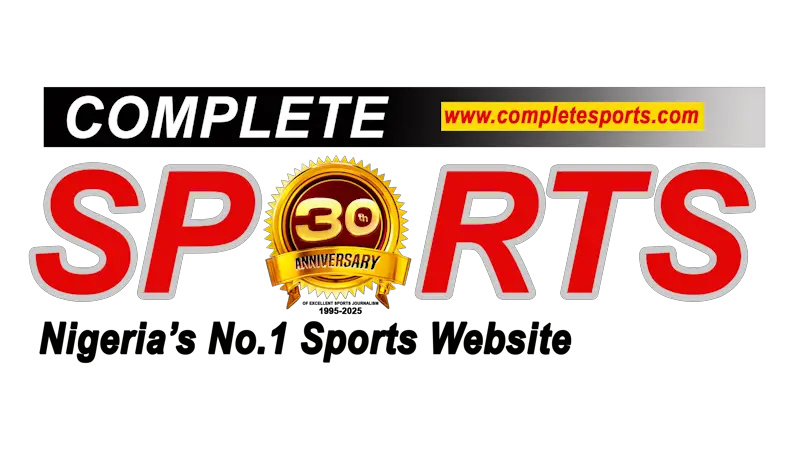Are you a sports aficionado who enjoys adding an extra layer of excitement to the game? Wagering on sports isn’t just about luck or following statistics; it’s a test of psychological fortitude. To elevate your betting experience, mastering your inner self is crucial. This involves understanding risk, regulating emotions, and being critically aware of your decision-making processes. Let’s delve into these layers of self-mastery.
Risk and Reward: A Balanced Equation
When you bet on your favorite sport, it is essentially a game of risk and reward. Yet, it’s common for people to become enamored with the rewards while downplaying the risks.
The first step towards self-mastery is to develop a nuanced understanding of both elements in this equation. This means knowing when to place your stake and when to sit a game out. It requires ongoing self-assessment. Ask yourself questions like, “Am I diversifying the kinds of wagers I place?” or “Have I set aside a budget for this?” Being willing to confront these questions can pave the way for a more disciplined approach.
Emotional Intelligence: Your Secret Weapon
Have you ever found yourself driven by the heat of the moment, making a wager more out of emotion than reasoned judgment? While the emotional highs and lows are part of what makes the wagering experience exhilarating, emotional intelligence is crucial to long-term success.
Being emotionally intelligent means you’re aware of your emotional triggers and can manage them effectively. Suppose your favorite team has lost three matches in a row. Rather than wagering aggressively on them out of loyalty or the belief that “they are due for a win,” take a step back. Evaluate the situation with a balanced perspective. Being emotionally attached to a team or player can often cloud judgment, so separating feelings from facts is essential.
Cognitive Biases: Know Thy Enemy
Cognitive biases, such as the confirmation bias or the overconfidence effect, can be your downfall in sports wagering. The road to self-mastery involves identifying these biases and mitigating their influence. For instance, confirmation bias might make you focus only on the statistics and predictions that support your wager while ignoring contrary information. Knowing this, you can actively seek a more well-rounded view before placing your stake.
Strategic Flexibility: The Art of Adaptation
No sports season is static; unexpected turns are a part of the game we love. Thus, your wagering strategy should be similarly fluid. Perhaps you’ve mastered a particular form of wager, like over/under, but don’t let that make you complacent. Be willing to adapt and explore other options like moneylines or prop bets. This not only enhances your engagement with the sport but also hones your analytical skills. Remember, a flexible mind is more likely to spot the hidden gems of opportunity.
Mindfulness: The Power of Now
In a world saturated with sports data and predictions, it’s easy to get lost in calculations about future odds or past losses. Mindfulness can serve as an invaluable tool in this context. By being fully present, you engage better with the here-and-now factors that might influence a game. Whether it’s a player’s current form, weather conditions, or even your own gut feeling, being mindful allows you to take in all these elements as you make your decision.
Conclusion: The Inner Game is Yours to Win
Mastering the inner game of wagering on your favorite sport is about far more than following statistics or trends. It’s a journey into understanding yourself—your risk tolerance, emotional triggers, cognitive biases, and strategic flexibility. As you grow in these areas, you’ll find that you’re not just becoming more proficient at placing wagers; you’re becoming more adept at the complex and rewarding game of life itself.






